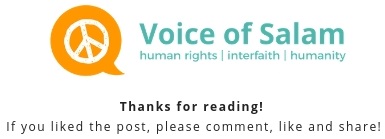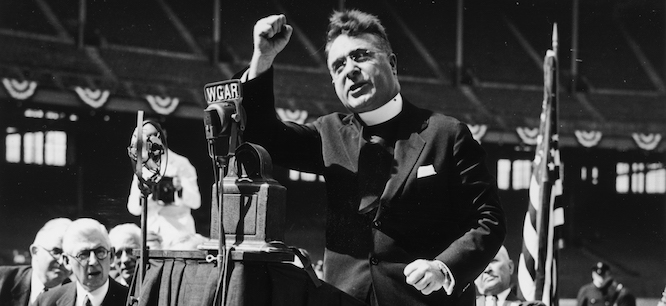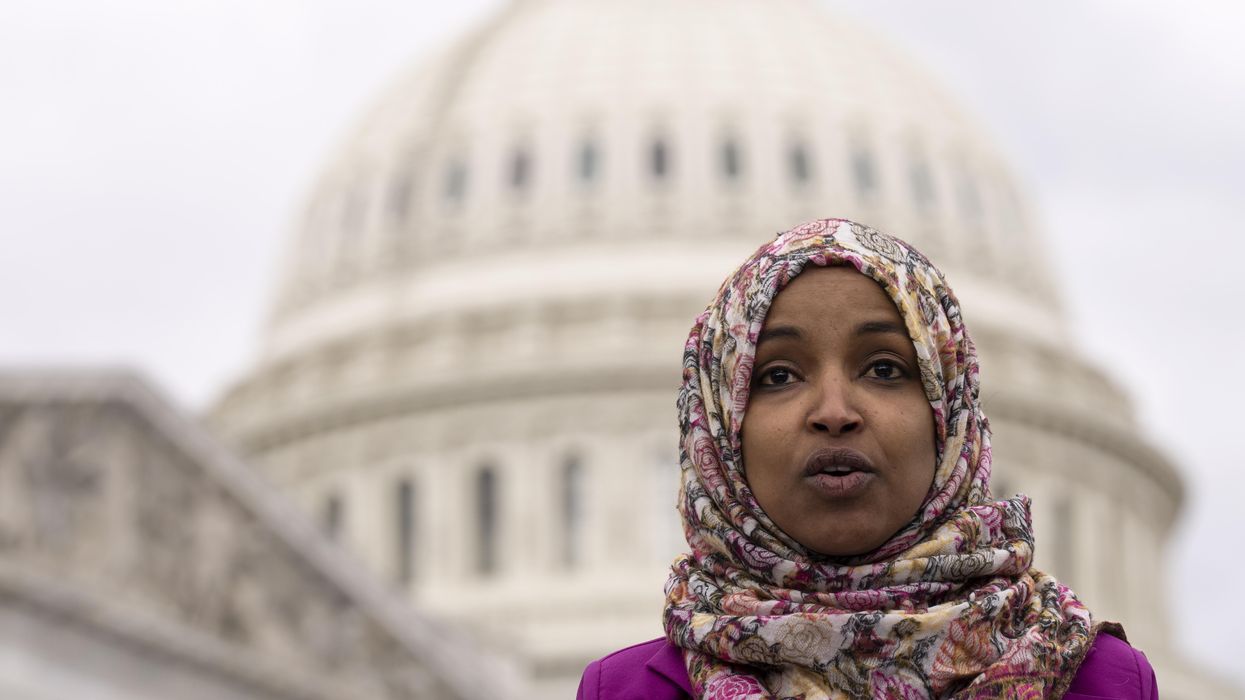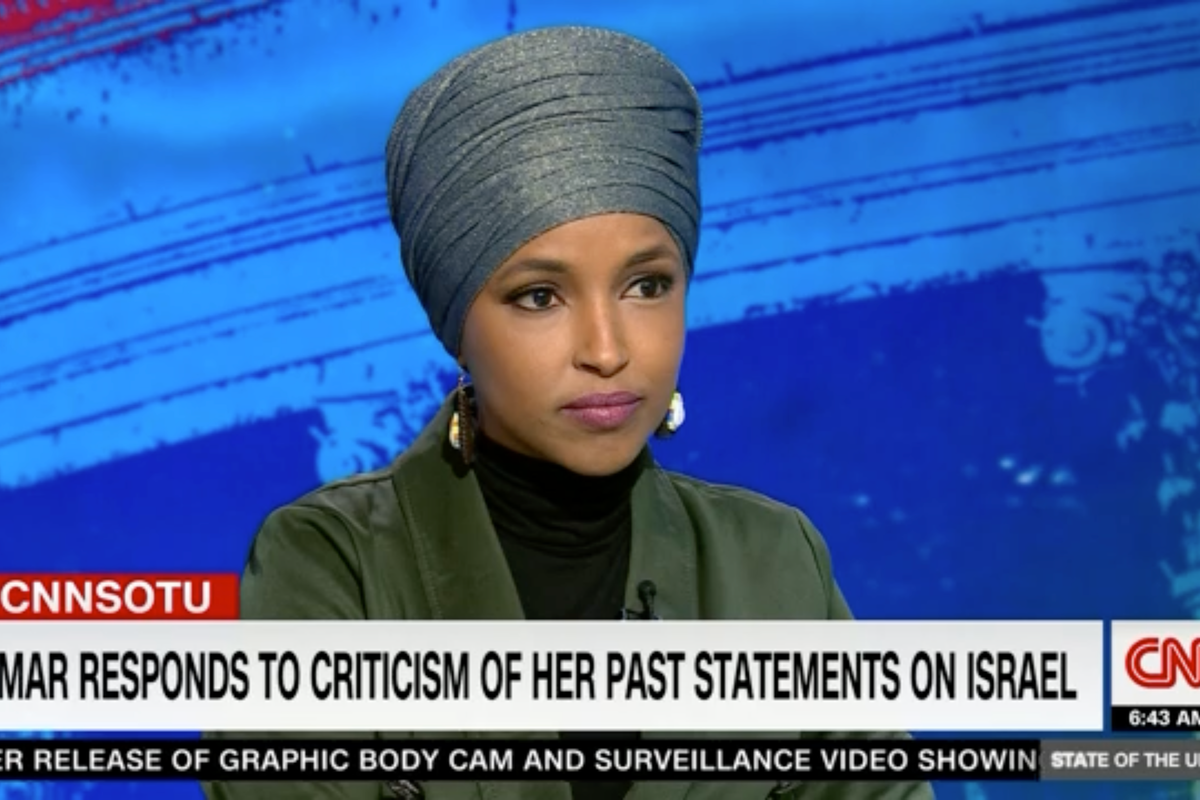
This Pew report (5/21/21) should not come as a surprise to US journalists.
As protests erupt worldwide against Israel’s ferocious bombardment and ground invasion of Gaza, which has claimed the lives of more than 10,000 Palestinians (Reuters, 11/6/23), US media ponder how all of this impacts Jewish people. Sadly, the way this is often framed completely mischaracterizes Jewish opinion and the pro-Israel movement, falsely acting as if Jewish opinion is unquestionably unified in support of Israeli military attacks and in opposition to Palestinian rights.
One might think corporate media might have learned better by now. The New York Times (10/27/23) reported on a massive “never again for anyone” protest at Grand Central Terminal headed by Jewish Voice for Peace. Descendants of Holocaust survivors were arrested for protesting military aid to Israel at Senate Majority Leader Chuck Schumer’s house (Business Insider, 10/14/23). More than 300 activists were arrested in Washington, DC, while calling for a ceasefire in a Capitol Hill protest organized by JVP and IfNotNow, another Jewish peace group (USA Today, 10/19/23).
CNN (10/23/23) reported, “Thousands more Jewish Americans continue to gather in protests across the United States, calling on President Joe Biden and other elected officials to rein in Israel.” Among those Jewish-led protests was one outside the Los Angeles home of Vice President Kamala Harris (LA Times, 10/19/23).
None of this should be surprising, as a Pew Research (5/21/21) survey “found that Jewish Americans—much like the US public overall—also hold widely differing views on Israel and its political leadership.” Younger Jews in particular are often sharply critical of Israel; a poll by the Jewish Electorate Institute (7/13/21) found that 38% of US Jews under 40 agreed that “Israel is an apartheid state,” and 33% believed it was committing genocide against Palestinians.
Binary framing

“Jewish writers reacted with horror to the guild’s refusal to condemn the attacks on Israel,” the New York Times reported (10/29/23)—although there were also Jewish writers on the board that made that decision.
Yet binary media framing persists. In the early days of the current Israel/Palestine violence, FAIR (10/17/23) criticized a New York Times (10/13/23) that depicted Jewish New Yorkers as united in putting aside their political differences with the Israeli government in the wake of the October 7 Hamas attack in southern Israel—ignoring the Jewish groups that were mobilizing against a military assault on Gaza.
More recently, the New York Times (10/29/23) reported on an internal spat within the Writers Guild of America over its initial reluctance to issue a statement about the Hamas attack. The paper characterized the affair as “Jewish writers” rebelling against the union’s leadership, even though some of its board members, like Raphael Bob-Waksberg (Hey Alma, 3/16/20), Justin Halpern (Reddit, 2/25/20; Tablet, 5/28/13) and Molly Nussbaum (Substack, 5/27/23), also identify as Jewish.
The Times got sillier when it ran a story (11/3/23) by Jeremy Peters headlined “Jewish Viewers Find a Refuge in Fox News,” in which the paper explained that “Fox News has wrapped itself in the Israeli flag in the weeks since the Hamas attack.” Admitting that “there are no specific metrics available on the religious affiliation of Fox’s audience since” the Hamas attacks, the paper said that “ratings data from major metropolitan areas with large Jewish populations, including New York, Miami and Los Angeles, show a spike in viewership that outpaces its rivals.”
The paper also noted that Jewish patrons of Manhattan’s Second Avenue Deli warmly embraced a visit by the crew of the Fox News show Fox & Friends. With all due respect to the wonderful menu at the storied institution, its clientele is hardly the beginning and end of Jewish opinion.
And at the very end of the story, Peters acknowledges that Fox coverage of the recent violence in Israel is similar to the hardline support for the Bush administration the network exhibited after 9/11. So the takeaway isn’t that Fox is popular to Jews specifically, but popular among those who support US policy in the Middle East. But the Times chose to frame it around Jewish opinion, specifically.
An AP story (10/15/23) on recent college campus protests said, “Many Jewish students and their allies, some with family and friends in Israel, have demanded bold reckonings and strong condemnation” after the Hamas attacks. Meanwhile, “some Muslim students have joined with allies to call for a recognition of decades of suffering by Palestinians in Gaza, plus condemnation of the response by Israel.”
This paints a false dichotomy. The fact is, people of all faiths, and those without religion or any ancestral connection to the region, exist in all corners of the great Middle Eastern debate.
‘Open call for eradication’

“Jewish students hear ‘the river to the sea’ as an open call for the eradication of Israel,” the Washington Post (10/31/23) reported—not mentioning that Jewish anti-war protesters use this slogan as well (Common Dreams, 10/27/23).
A Washington Post report (10/31/23) on the Jewish response to pro-Palestinian protests on campuses stated, as a factual observation, that “Jewish students hear ‘the river to the sea’ as an open call for the eradication of Israel, a haunting proposition given the legacy of the Holocaust that led to Israel’s creation.”
There are a few problems here. One, it is hardly established that the American Jewish student body is monolithic on this issue. College groups that support Palestinian rights often include Jews; in fact, FAIR (5/22/23) reported how a Jewish staffer at the AP was forced out of her job because of her past pro-Palestinian advocacy in college. Two, the phrase “the river to the sea” is often mischaracterized, as it refers to a one-state solution, not anyone’s deportation.
However, to back up this assertion, the Post quotes Jonathan Greenblatt, the CEO of the pro-Israel Anti-Defamation League, saying that while “there’s nothing wrong with advocating for a Palestinian state,” there is also “nothing wrong with advocating for a two-state solution.” However, he says, “there’s something profoundly wrong with advocating for a final solution.”
The “final solution” is a reference to the Jewish Holocaust, or Shoah. But many Jews and non-Jews alike advocate for a one-state solution where all people have rights, regardless of their religion or ethnicity. It is intellectually dishonest for the Post to quote a pro-Israel partisan to assert that the choice for Jews is between a two-state solution and Auschwitz.
For example, in the post-Brexit economy, the idea of Irish reunification is becoming more and more real (Guardian, 10/6/22). Yet no one would seriously characterize the Republic of Ireland absorbing the North as a Protestant genocide. Nor were white residents of South Africa exterminated or forced to emigrate when their country turned to a democratic one-person-one-vote system.
‘Have you considered converting?’

Rep. Ritchie Torres framed the Israel/Palestine story as a conflict between “humanity” and “inhumanity” (Daily News, 10/9/23).
Media’s love affair with Democratic New York Rep. Ritchie Torres and his outspoken pro-Israel position is also telling. New York’s tabloids have given Torres’ attacks on critics of Israeli policy top coverage (Daily News, 10/9/23; New York Post, 10/11/23, 10/14/23, 10/15/23). But a recent interview with Torres in Politico (10/27/23), painting the non-Jewish Democrat as one of Israel’s biggest cheerleaders in Congress, truly exposes some key misunderstandings about Jewish politics and Israel.
For example, the first question in the back-and-forth with writer Jeff Coltin acknowledged that Torres has Jews in his district. But that’s also true of the Democratic Socialists of America–backed Jamaal Bowman, who represents the neighboring district; he also boasts support from the Jewish community (Forward, 10/19/23), though he is a constant target of pro-Israel PACs (Jewish Insider, 8/9/23).
Then Coltin asks Torres, “Have you considered converting to Judaism,” to which Torres answers no. But what kind of question is that? Zionism is just not synonymous with Judaism or Jewishness. In fact, Israel has increasingly looked for support from evangelical Christians for support (Brookings Institution, 5/26/21; Jerusalem Post, 9/3/23; New York Times, 10/15/23).
Coltin also takes Torres at face value when the Bronx lawmaker said that his “belief in Israel as a Jewish state is based not on religion, but history,” because “there’s a long and ugly history of antisemitism.” He never ponders if Torres’ fervor is at all related to his history of fundraising with AIPAC and other Israel supporters; the Open Secrets website lists “pro-Israel” as the third-largest source of funds for Torres’ 2022 campaign, behind only Securities & Investment and Real Estate.
FAIR (11/5/21) has previously reported that when Politico was acquired by the German media group Axel Springer, the new owner included support for Israel’s “right to exist” as one of the ideological principles employees must endorse.
Media organizations are well within their rights to portray debates about Israel’s assault on Gaza and the Hamas attack on southern Israel as having high emotional intensity, where passion often overtakes cold analysis. But they shouldn’t give us a muddled vision of Jewish politics—or anyone’s politics, for that matter.
Featured image: New York Times photo (10/27/23) of a Jewish Voice for Peace protest at New York City’s Grand Central Terminal (photo: Bing Guan).
The post Conflating Jewish and Pro-Israel Is Wrong and Misleading appeared first on FAIR.
This post was originally published on FAIR.




 (@OnlinePalEng)
(@OnlinePalEng) 

 …
… (@absolute_INTJ)
(@absolute_INTJ) 
 (@Haggis_UK)
(@Haggis_UK) 

 (@RexChapman)
(@RexChapman)  (@CultureCrave)
(@CultureCrave) 